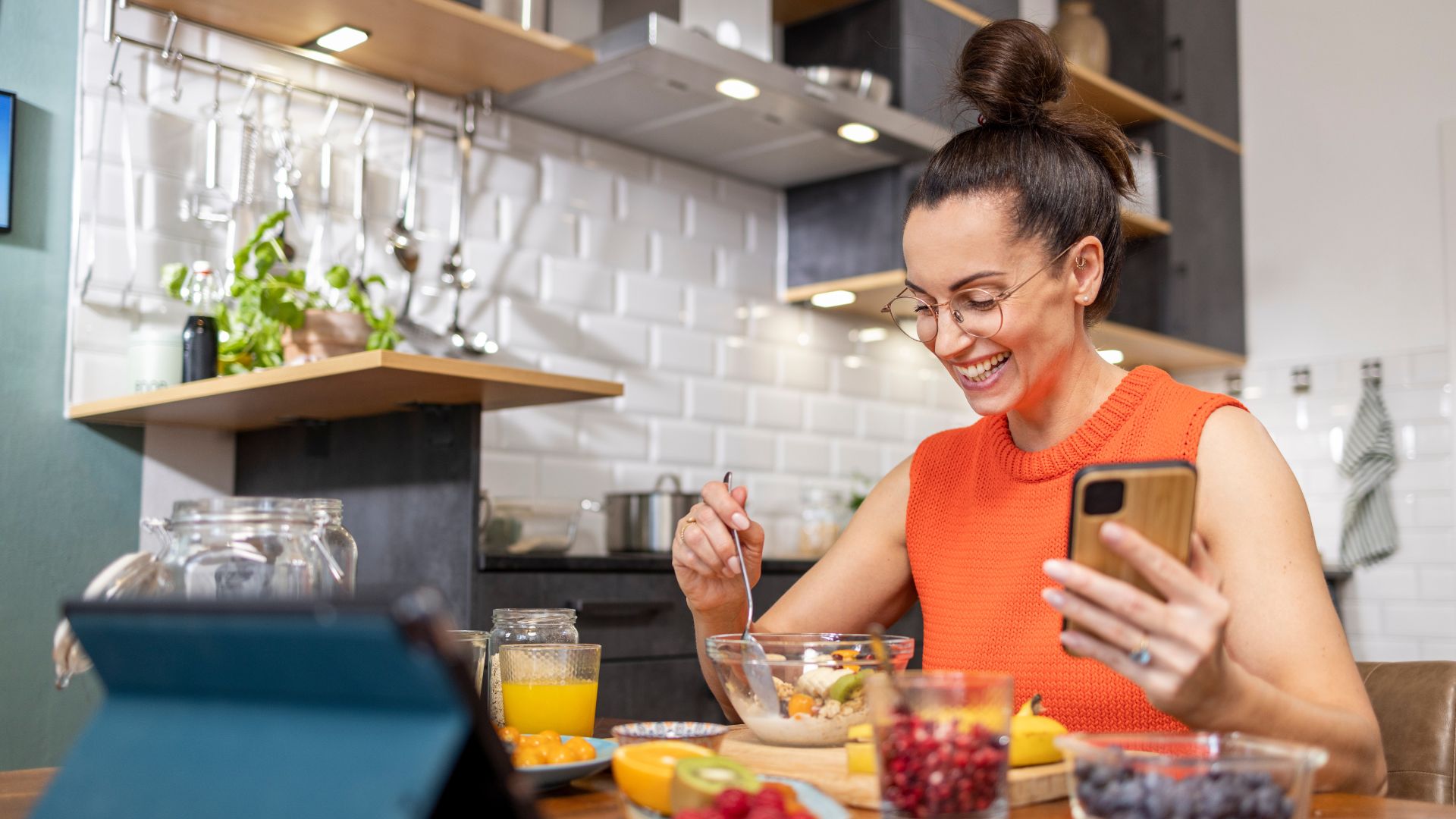
If you're struggling with constipation, you'll likely have been told to add more fibre to your diet. It's a good idea, but what about short-term relief from constipation?
A team from King's College London might have found the way to relieve constipation quickly, after discovering that eating two or three kiwifruits a day can both ease and prevent the problem.
Constipation affects people of all ages, and the symptoms include finding it hard to poo and not pooing as often as you should. It can be painful, uncomfortable, and affect other aspects of life such as work, mood and relationships.
When treating constipation, doctors and dietitians often recommend dietary fibre and plant-based foods, and advise taking probiotics to improve your gut health. These new guidelines, published in two journals (the Journal of Human Nutrition and Dietetics and Neurogastroenterology and Motility), mean doctors, nurses, and dietitians can give patients clearer advice.
The panel of experts reviewed over 75 clinical trials to create 59 recommendations and identify 12 research priorities. They found that eating kiwifruits, drinking mineral-rich water, and taking magnesium oxide supplements are most effective for relieving constipation symptoms.
Eating 8 to 10 prunes a day and rye bread can also have a positive impact on bowel movements, relieve constipation quickly, and help get more fibre in your diet, they found.
It did not specify whether the skin should or shouldn’t be left on the kiwis to reap the benefits, so it’s down to personal preference, but keeping the skin on will add even more fibre. If you don’t fancy eating the skin, you can always blend it in a smoothie or rub some of the fuzziness off first.
Sign up to our free daily email for the latest royal and entertainment news, interesting opinion, expert advice on styling and beauty trends, and no-nonsense guides to the health and wellness questions you want answered.
Mineral water is preferable over tap water as it's richer in magnesium, which has a laxative effect, says Dr Eirini Dimidi, the lead study author and a reader in nutritional sciences at King's College London (KCL). For the same reason, taking magnesium oxide supplements may have benefits for those struggling with constipation, lower stomach pain, bloating, and straining when using the toilet.
If you can get your mineral water from Eastern Europe, you'll reap even more digestive benefits, as the mineral content in the UK's bottled water is less than in this region.
The researchers say more studies are needed to determine the specific kinds of fibre that can help ease constipation. “Chronic constipation can have a huge impact on someone’s day-to-day life. For the first time, we’ve provided direction on what dietary approaches could genuinely help, and which diet advice lacks evidence,” says Dr Dimidi.
"Being able to improve this condition through dietary changes would allow people to self-manage their symptoms more and, hopefully, improve their quality of life,” she adds.
Why do kiwis relieve constipation quickly?
Kiwis are thought to be so effective because the fibre increases the volume of the stool, inducing bowel contractions, and it increases water content in the gut, which can soften the stools.
Dr Yvonne Jeanes, the head of research and impact at the British Dietetic Association (BDA), which funded the project led by KCL, says: “These guidelines are an excellent resource for dietitians and healthcare professionals. More broadly, they support a more diet-focused and evidence-based approach to the management of chronic constipation."
Symptoms of constipation
Not sure whether you're constipated or not? Take a look at these symptoms from the NHS...
- You’re pooing less than usual or have pooed less than three times in the last week.
- The poo is unusually large or small, and hard and lumpy.
- You have to strain when pooing or it hurts.
- You feel like you’ve not emptied your bowels after leaving the toilet.

Kat Storr has been a digital journalist for over 15 years after starting her career at Sky News, where she covered everything from world events to royal babies and celebrity deaths. After going freelance eight years ago, she now focuses on women's health and fitness content, writing across a range of UK publications.
From perimenopause to the latest fitness trends, Kat loves researching and writing about it all. She's happy to give any fitness challenge a go and speaks to experts about wellbeing issues affecting people every day.
You must confirm your public display name before commenting
Please logout and then login again, you will then be prompted to enter your display name.
